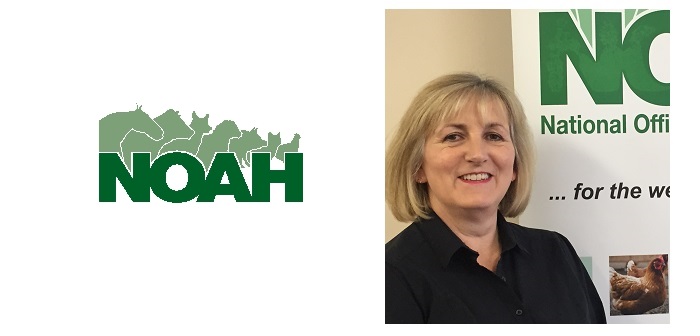A number of proposals contained in the final O’Neill Review on Antimicrobial Resistance (AMR), as specific to the veterinary sector, have been described as lacking context and evidence by the National Office of Animal Health (NOAH).
This is the headline conclusion of NOAH’s “comprehensive response” to the O’Neill Review, which was released in May 2016.
“We welcome many of the proposals in the O’Neill Review and applaud his team for producing a comprehensive global report on a very complex subject,” said NOAH chief executive, Dawn Howard (pictured above), adding that NOAH and its members are committed to limiting the development of antibiotic resistance, by promoting the responsible use and stewardship of antibiotics to preserve them for future generations.
“However, we believe a number of proposals in the O’Neill Review specific to the veterinary sector lack context and evidence, and our response seeks to address these.
“Whilst steps can be taken to reduce unnecessary antibiotic use in livestock, they will always remain an important tool in maintaining animal health and welfare.
“The animal medicines sector should also be considered when implementing the recommendations for innovation for new antibiotics, alternatives to antibiotics and better diagnostics.”
NOAH’, which published its response earlier today, added that veterinary medicines, including antibiotics, play an important role in the production of an affordable, sustainable food supply. It also said that the setting of “inappropriate targets” for the reduction in use, or the removal of antibiotics that vets and farmers need to treat diseases, could adversely impact on the price of food from animals.
“As long as we rely on animals as a source of food production, we have an obligation to care for their health and well-being and this must include providing proper treatment and care when they are ill,” said Ms Howard.


